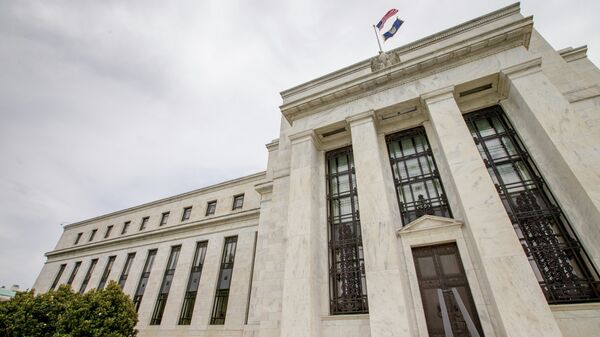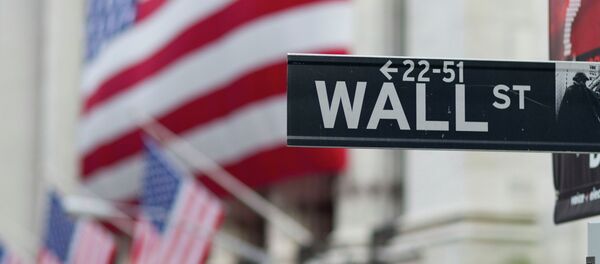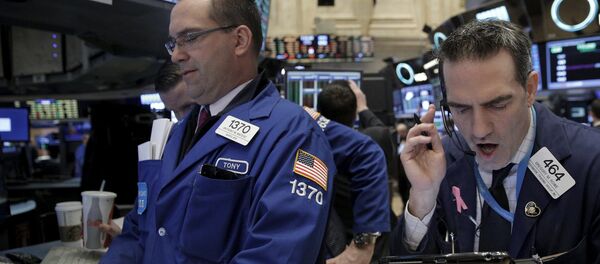Speaking before the Economic Club of New York yesterday, Yellen said investors’ hope for looser monetary conditions this year has prompted the Fed to wrap up its initial tightening plans. As stock market volatility increased during January’s ‘bloodbath of red’ coupled with a perceived macroeconomic weakness at home in Q1 2016, she said, the projection of fewer hikes helped tame the advancing bond yields, providing market participants with more confidence, and thus ensuring necessary economic stability.
Yellen stressed that US inflation, meanwhile, remains yet below the desirable levels. The Fed's inflation target is 2%, and while monthly gains in core prices indices were negligible, at 0-0.2%, and a broader measure of yearly inflation excluding food and fuel (both having fallen in price during the period) hardly reached 1.7%, a hasty hike in borrowing costs would hurt already-weakening economic growth. Meanwhile, Yellen noted, oil prices remain low, and economic uncertainty in China is still a key risk factor.
Therefore, most have inferred from Yellen’s speech that the Fed's base borrowing costs are most likely to remain unchanged until either overseas headwinds fade or domestic growth accelerates enough to allow for such a move; in that case, inflation would be the main indicator.
Other Fed policymakers, including several presidents of regional Fed Banks, are favoring more than just one hike this year. However, Yellen’s message largely confirms widespread sentiment that the regulator will remain cautious this year, watching macro indicators before undertaking any substantial policy moves.
Fears that a US recession will start this or next year are also a factor worth considering; Yellen might be taking this into account as well. Should US growth slow further, and the existing international headwinds prevail throughout late 2016, any attempts at tightening monetary conditions would only push the broader economy closer to the brink of recession. US corporate earnings have declined two consecutive quarters and this weakness is likely to sustain well into this year, adding to widespread anticipation that the US economy will slip into recession. However, it is unknown whether it would start with a meltdown in the financial market or an across-the-board slump in the real economy.
"In order to sustain the strength in the equity market, you're going to have to see some decent earnings growth at some point," Ernie Cecilia of the Devon, PA-based Bryn Mawr Trust said.
Moreover, after their latest hike in December 2015, the first in almost nine years, the Fed has largely failed to convince investors that the move was a wise one. The hike coincided with a minor collapse in the high-yield segment of the bond market which has been dubbed the ‘Third Avenue crash’; it was followed by greater market turmoil over the next two months.
“It’s a constant learning process by both the Fed and the markets,” Joachim Fels of Pacific Investment Management Co. said.
Consequently, the regulator is leaning toward an even more cautious approach to policies, even though not all members of the Federal Open Market Policy Committee (FOMC) share Yellen’s opinion the Fed should adjust its policy outlook to reflect investors’ expectations. Nevertheless, just one hike, as requested by federal funds market participants, is now the likeliest probability for this year’s outlook. Should the macro indicators deteriorate, and the broader economy slide into recession, however, even a single hike would become unworkable.






